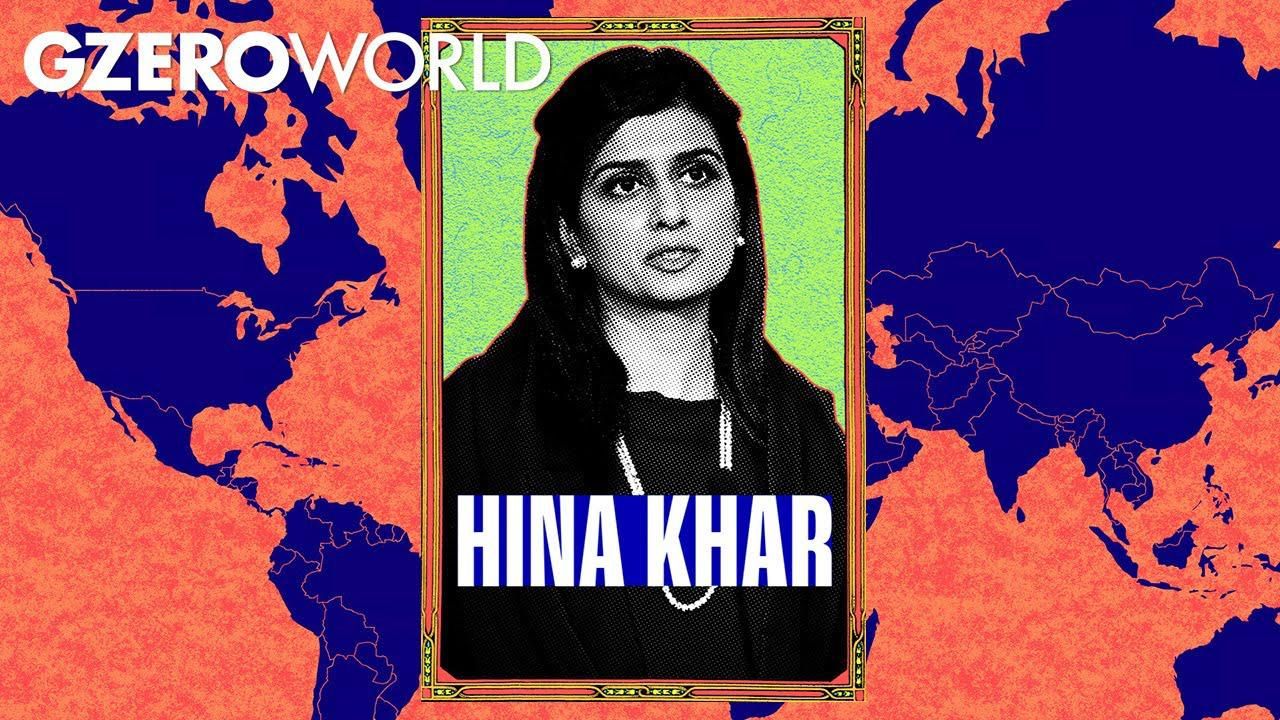GZERO World Clips
Hina Khar: Pakistan must solve its domestic problems and step back from a global role

Hina Khar: Pakistan Must Solve Its Domestic Problems and Step Back From a Global Role | GZERO World

With Washington ready to downgrade its relationship with Islamabad, Pakistan's PM Imran Khan, looking to form new friendships to protect Pakistan's strategic interests visited Moscow as Russian forces invaded Ukraine. In a GZERO World interview, Ian Bremmer talks to Pakistan’s former Foreign Minister, Hina Khar, about Afghanistan, Pakistan’s future choices, and India.
Khar argues that the West needs to accept its responsibility for starving Afghans. Military interventions like the US-led war in Afghanistan, she adds, cast a “deep shadow on the entire democratic value system.” She also thinks that the best way to help end the humanitarian crisis is to talk to the Taliban.
Pakistan's former top diplomat believes Pakistan should focus on its domestic problems like reducing Pakistan's huge dependence on foreign aid, build on its strengths, and secure its borders from threats from Afghanistan. “Our first role should be to our own people,” she states.
Khar, who previously called India a “rogue state” and a bully in the neighborhood, elaborates on India’s undemocratic gestures like the Citizenship Amendment Act and the end of autonomy for Indian-controlled Kashmir, a Muslim majority region long claimed by Pakistan.
The former Foreign Minister further explains that India's anti-deomocratic trends are ignored by the West because "everything that is happening in our part of the world has to do with containment of China."
Watch the GZERO World episode: As democracy erodes: Pakistan’s Hina Khar on “supremely dangerous” global trends
At the 2026 World Economic Forum, GZERO's Tony Maciulis spoke with Matthew Blake, Managing Director at the World Economic Forum, about a defining transition for Davos and the state of the global economy.
5: The number of years South Korea’s ex-President Yoon Suk Yeol was sentenced in prison today, on charges related to his failed attempt to impose martial law last year.
The Russian president said little when the US seized Venezuelan strongman Nicolás Maduro, an ally of Moscow. But there might be a reason for his silence.